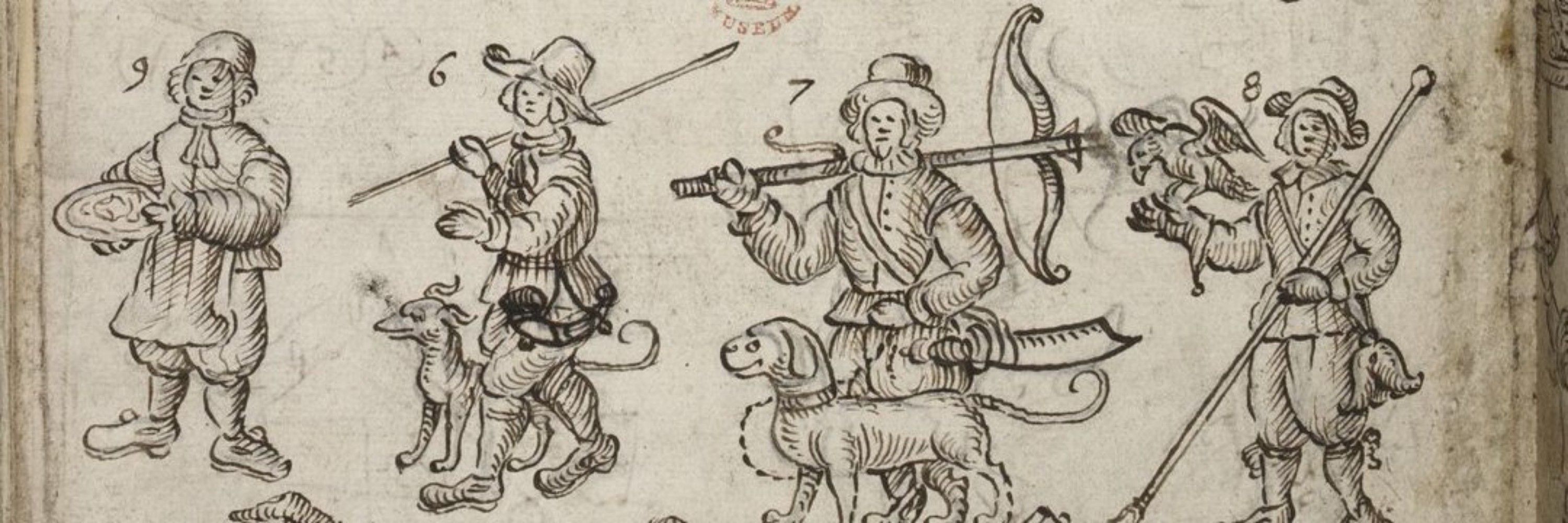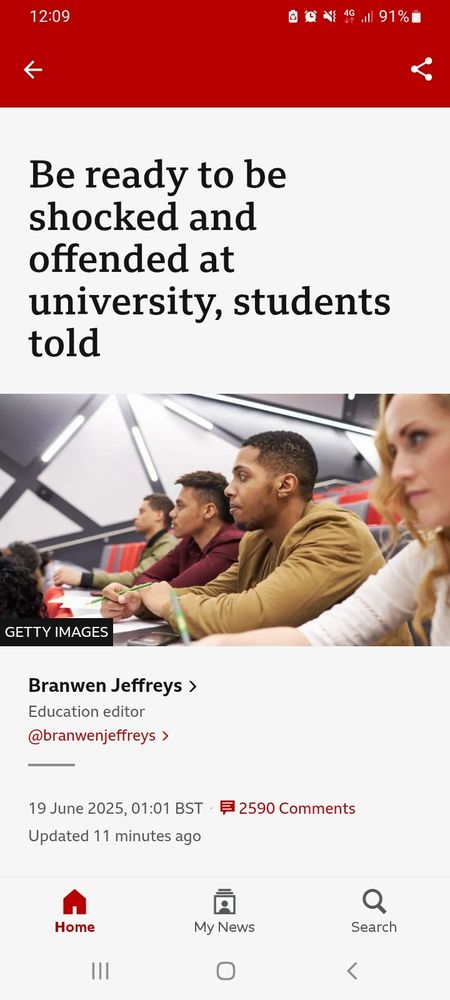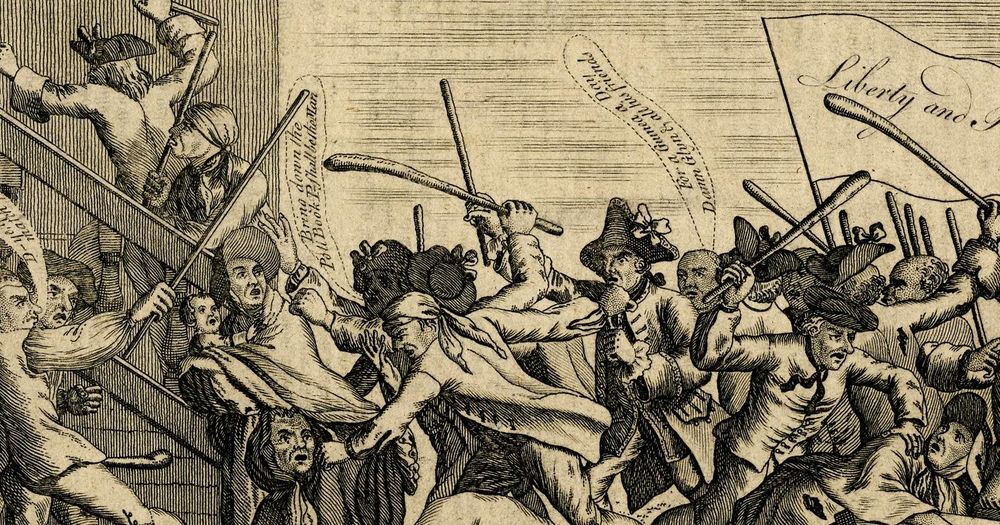Brodie Waddell
@brodiewaddell.bsky.social
5.4K followers
650 following
580 posts
Early Modern History at Birkbeck, University of London | Likes: archives, fatherhood, footnotes, the seaside. | Dislikes: Henry VIII, cars, inequity. My research: https://www.bbk.ac.uk/our-staff/profile/8004317/brodie-waddell
Posts
Media
Videos
Starter Packs
Pinned
Reposted by Brodie Waddell
Reposted by Brodie Waddell
Reposted by Brodie Waddell
Reposted by Brodie Waddell
Reposted by Brodie Waddell
Reposted by Brodie Waddell
Reposted by Brodie Waddell
Reposted by Brodie Waddell


















